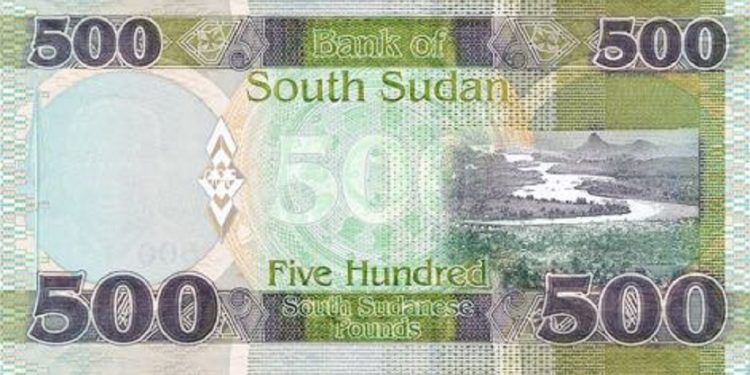The South Sudan government has halted the use of the US dollar and mandated the usage of the local currency, the South Sudan pound (SSP), for all transactions.
This action is concerning as it could potentially impede economic activity in an already war-torn economy.
The US dollar is the preferred currency for most transactions in the country due to hyperinflation and the instability of the local currency. Nevertheless, the Bank of South Sudan has prohibited using the US dollar and mandated using the local currency for all commercial agreements.
That is a clear directive from the Central Bank that all transactions in the country must be done in our currency. So all commercial contracts must be signed in our local currency.
Michael Makuei Lueth – South Sudanese Information minister
This latest directive from the Bank of South Sudan, which mandates the use of the South Sudanese Pound, is a significant setback for importers, hotels, restaurants, travel and tour operators, and regional banks like KCB, Equity, Stanbic, and Co-operative. These entities are already grappling with a challenging economic situation marked by hyperinflation and political instability. The directive is one of the recommendations made by a committee designated by President Salva Kiir to tackle the country’s economic crisis.
In 2020, the country’s economy was impacted by a 7-year civil war that led to a decline in oil production in conflict-affected regions. The country is a primary oil producer in East Africa, but its excessive reliance on oil has had negative consequences. The country’s production of 170,000 barrels per day results in a net income of only 50,000 barrels per day after deducting fees and contractual obligations owed to oil companies.
Read also: Kenya & South Sudan Sign Cargo Deal after Lifting Agree Barriers




